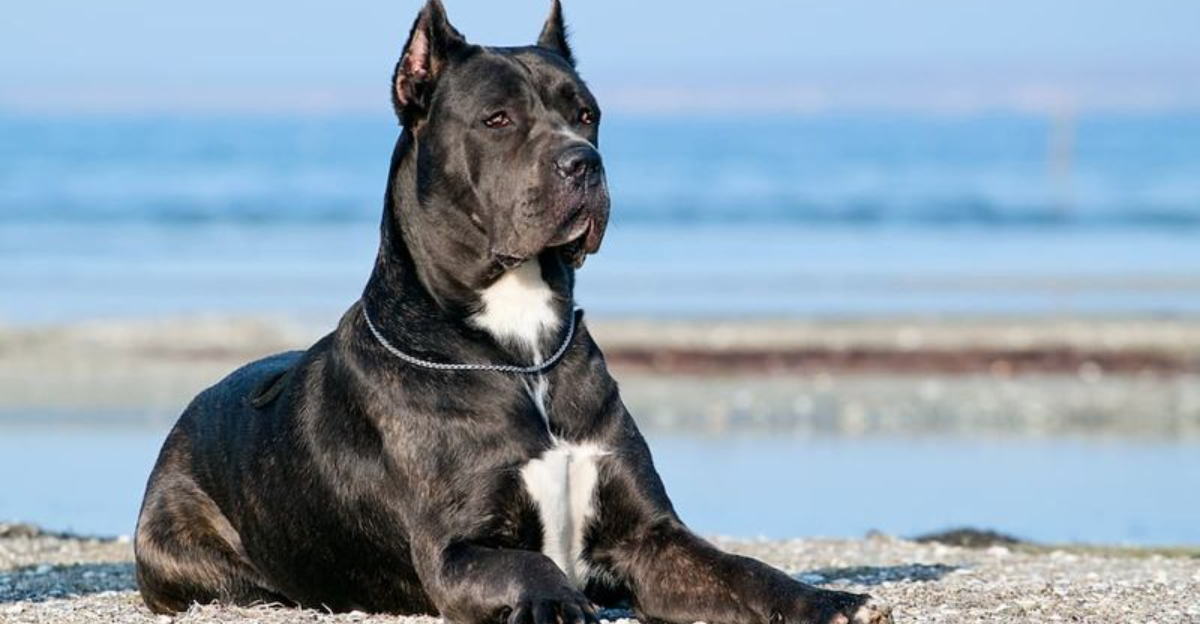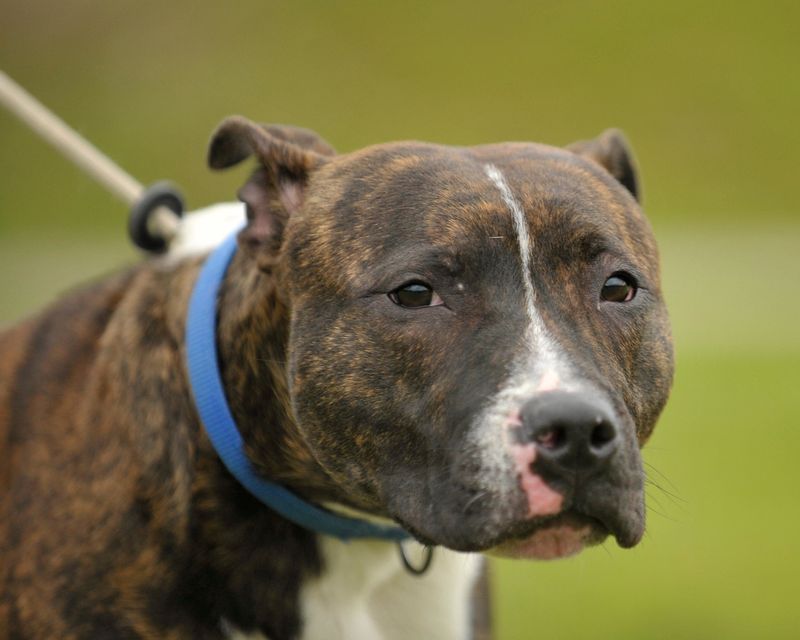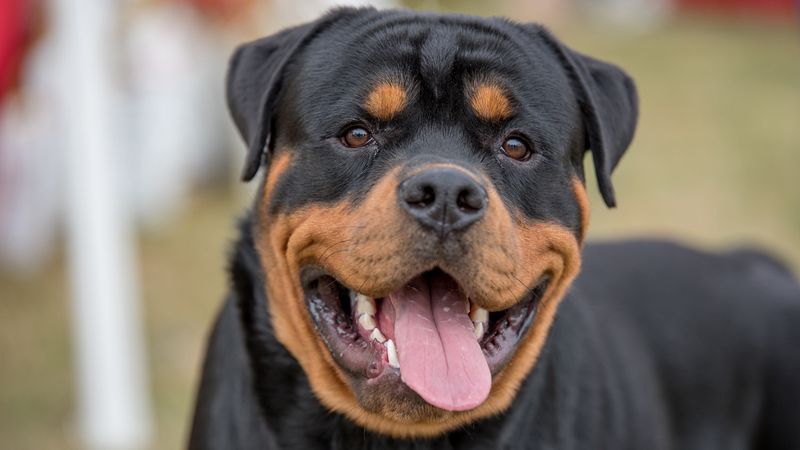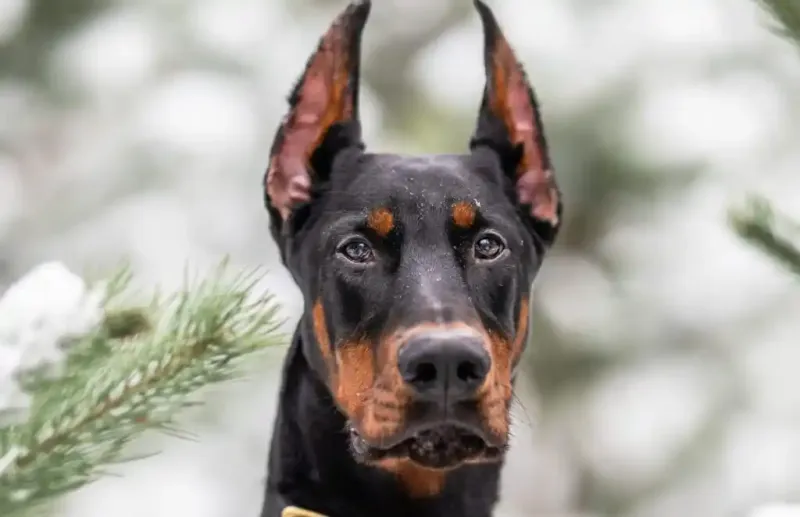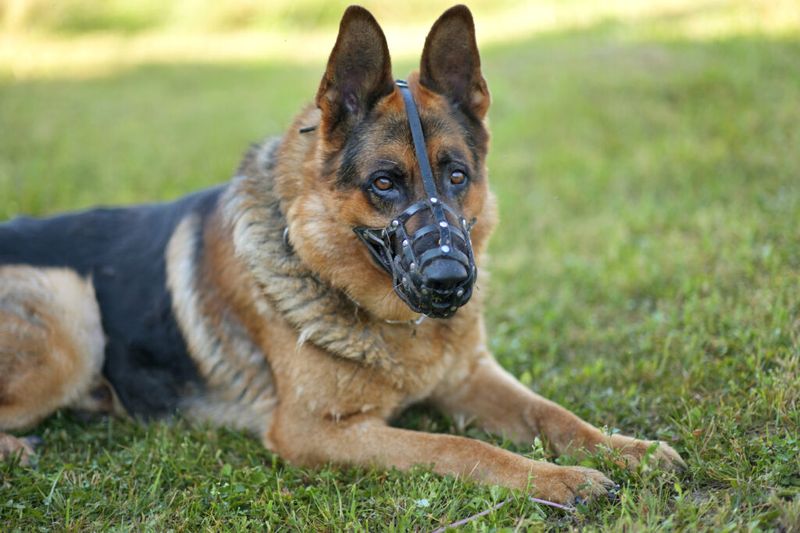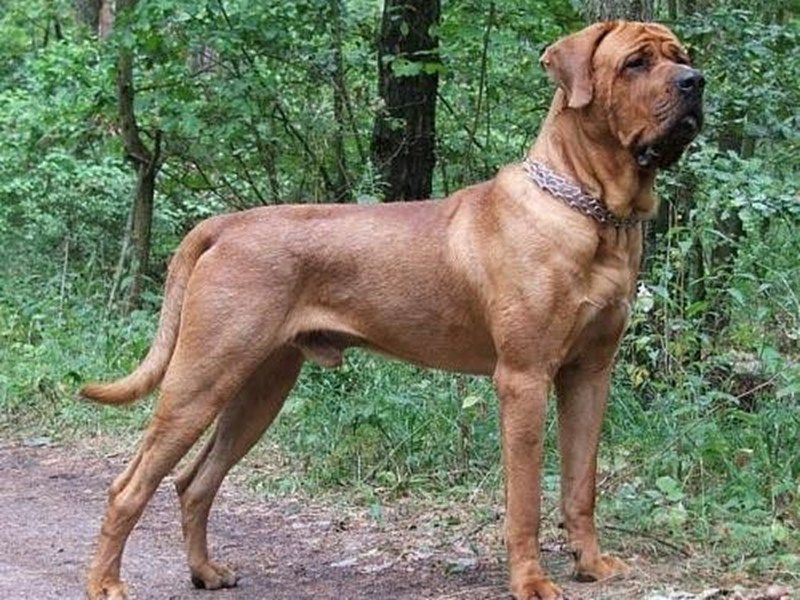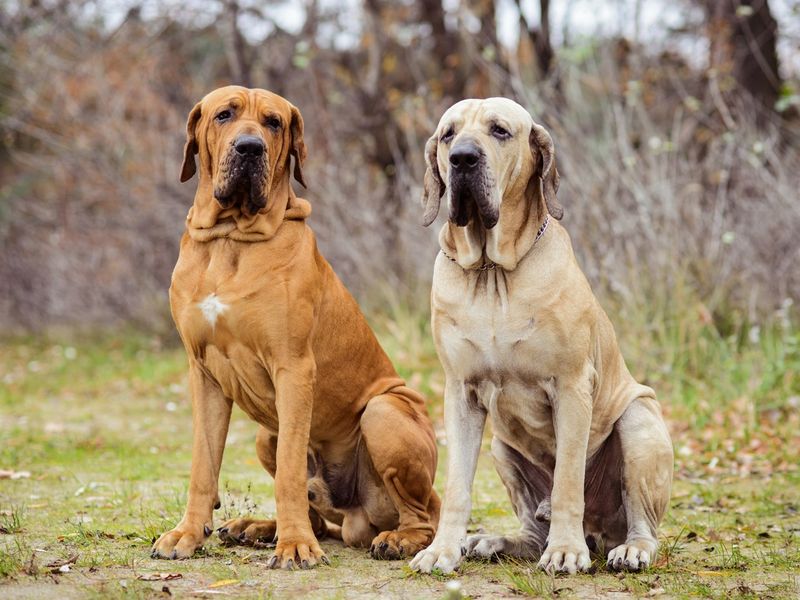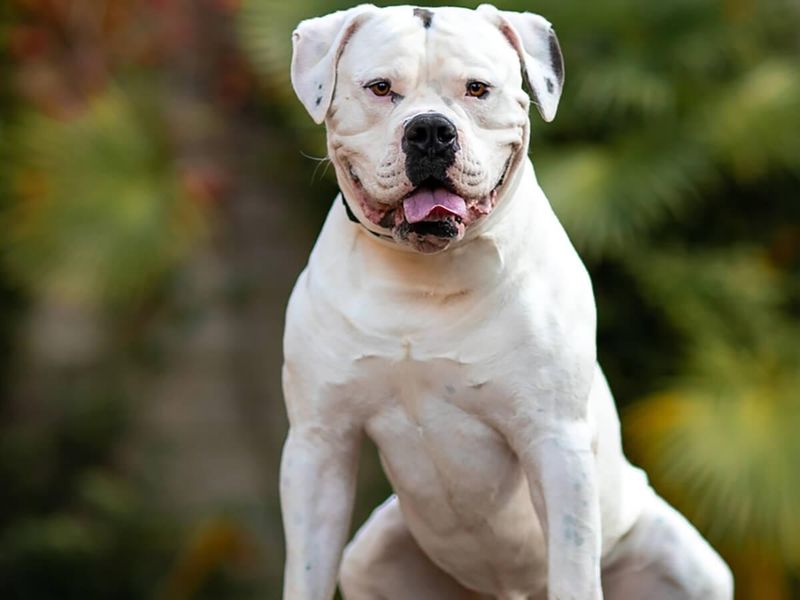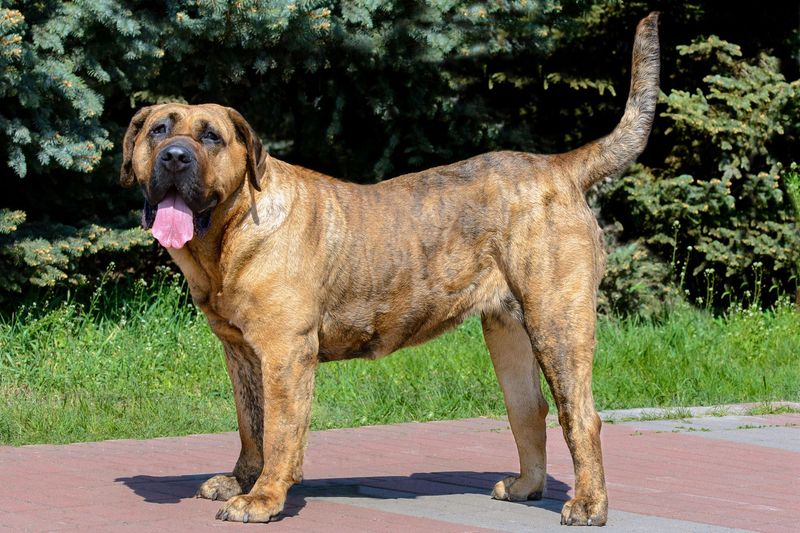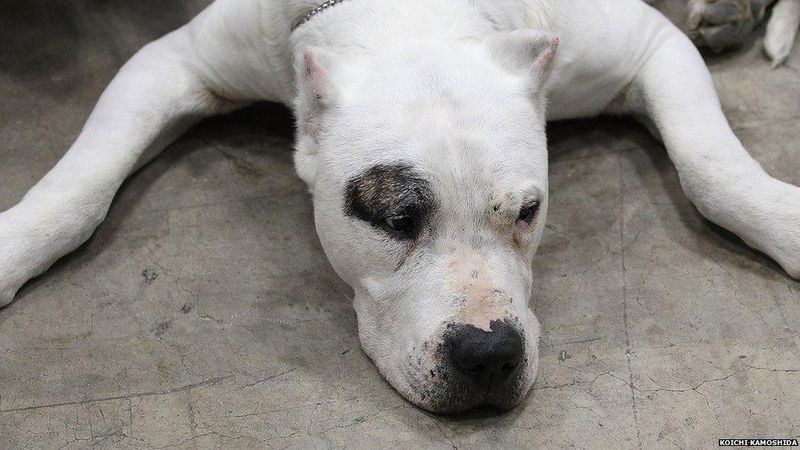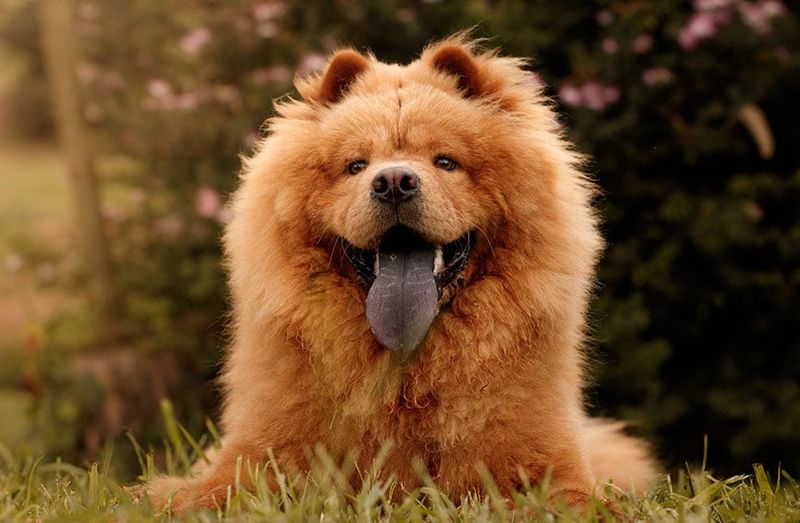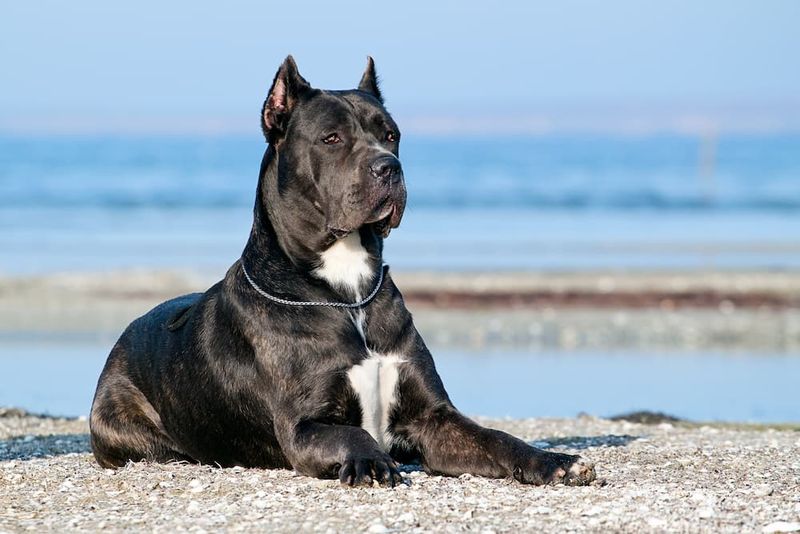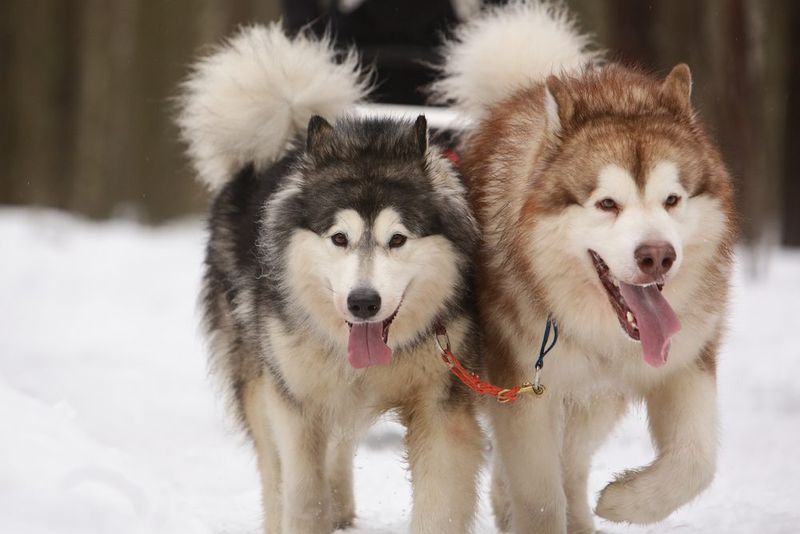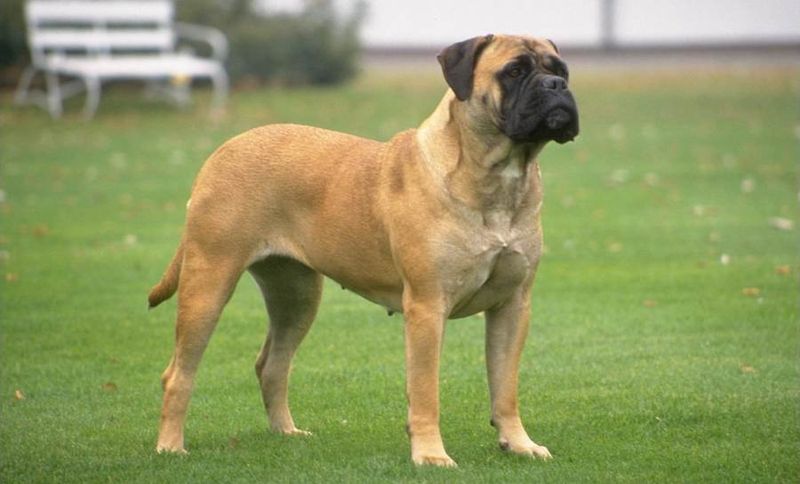Across the globe, certain dog breeds face restrictions due to their perceived aggression or historical incidents. These regulations vary by country and region, reflecting local attitudes and experiences with these breeds. This article explores 13 dog breeds that are often under scrutiny or regulation worldwide, providing insights into their characteristics and the reasons behind their regulation.
Pit Bull Terrier
Known for their tenacity and strength, Pit Bull Terriers often receive a bad reputation due to incidents involving aggression. While many owners vouch for their affectionate and loyal nature, some regions impose strict regulations on this breed.
These rules often require muzzling in public or even complete bans. The controversy surrounding Pit Bulls highlights the complex relationship between breed characteristics and individual upbringing.
In countries like the UK, the Dangerous Dogs Act restricts Pit Bull ownership. Despite their challenges, advocates emphasize responsible ownership to break stereotypes.
Rottweiler
Rottweilers, with their robust build and protective nature, are often seen as both guardians and threats. Their strong guarding instincts make them popular for security purposes, yet some countries impose restrictions due to incidents of aggression.
These regulations sometimes require special licenses or increased liability insurance for owners. Despite this, Rottweilers are known for their loyalty and intelligence.
In Germany, where the breed originated, Rottweilers are subject to strict breeding and ownership laws. Rottweiler enthusiasts argue that proper training can harness their protective traits positively.
Doberman Pinscher
Elegant yet intimidating, Doberman Pinschers are renowned for their alertness and loyalty. Their reputation as fearless protectors can sometimes lead to restrictive breed-specific legislation in various countries.
Dobermans are often required to wear muzzles or undergo behavioral assessments in public places. Despite this, they are highly trainable and excel in obedience and protection work.
In parts of the United States, insurance companies may charge higher premiums for Doberman owners. This reflects the ongoing debate about the balance between their protective instincts and perceived risks.
German Shepherd
German Shepherds are celebrated for their intelligence and versatility in roles ranging from police work to family companions. However, their formidable presence can be misunderstood, leading to restrictions in certain areas.
Their reputation as excellent working dogs sometimes contrasts with public perception of them as aggressive. Some municipalities require mandatory training classes for owners.
In countries like Ireland, German Shepherds are listed among breeds needing special leashes and muzzles in public. Advocates argue that proper socialization can mitigate concerns and enhance their well-rounded nature.
Japanese Tosa
The Japanese Tosa, originally bred for sumo-style wrestling, is a rare and powerful breed. Its history contributes to its regulation in various countries, where its size and strength are seen as potential risks.
These dogs often require special permits and are sometimes outright banned in areas like the UK and Denmark. Despite this, Tosas are known for their calm and confident demeanor.
Efforts to maintain this breed’s lineage involve strict breeding regulations. Advocates stress that, with responsible handling, Tosas can be gentle giants.
Fila Brasileiro
The Fila Brasileiro, a breed with a strong protective instinct, hails from Brazil. Known for its loyalty, this breed’s potential for aggression has led to bans and regulations in several countries.
Their strong-willed nature requires experienced handling, and they are often subject to muzzling laws. Despite these challenges, they form deep bonds with their families.
In places like the UK and New Zealand, the Fila is listed under dangerous dog laws. Supporters highlight their gentle nature with family when adequately trained.
American Bulldog
American Bulldogs, with their muscular stature and confident demeanor, are cherished for their protective instincts. Their resemblance to the Pit Bull sometimes subjects them to similar restrictions and breed-specific legislation.
These dogs often face mandatory registration and special containment rules in certain areas. Owners appreciate their affectionate and loyal companionship.
In some US states, local ordinances regulate American Bulldogs more stringently than other breeds. Proponents argue that education and responsible ownership can prevent misconceptions and promote positive interactions.
Presa Canario
With roots in the Canary Islands, the Presa Canario is known for its strength and protective instincts. These traits have led to its inclusion in restrictive breed lists in several countries.
Their imposing size and potential for aggression mean they often require special permits for ownership. Presas are valued for their loyalty and guarding ability when properly trained.
In regions like Australia, laws may dictate strict handling requirements for this breed. Supporters emphasize the importance of understanding the breed’s history and temperament for responsible ownership.
Dogo Argentino
The Dogo Argentino, originally bred for big-game hunting, is revered for its courage and tenacity. However, its powerful build and hunting instincts have led to restrictions in many countries.
This breed often requires special licensing and may be banned in regions like the UK. Despite this, Dogos are known for their affectionate nature with family members.
In places like Spain, specific laws govern the ownership and handling of Dogos. Advocates highlight their adaptability and strong family bonds when raised in a nurturing environment.
Chow Chow
Chow Chows, with their lion-like appearance and aloof nature, are both admired and misunderstood. While generally calm, their strong-willed temperament can lead to challenges in socialization.
Some regions impose restrictions due to past incidents, requiring owners to follow strict guidelines. Despite this, Chow Chows are fiercely loyal to their families.
In countries like Romania, laws may necessitate additional insurance for Chow owners. Enthusiasts believe that thorough socialization and training can harness their unique qualities positively.
Cane Corso
The Cane Corso, with its Italian heritage, exudes strength and confidence. Known for their protective instincts, they are often included in breed-specific legislation in various regions.
These dogs may require muzzles and special licenses in public spaces. Despite their imposing presence, they are praised for their loyalty and gentle nature with families.
In places like France, ownership laws reflect caution around this breed’s capabilities. Advocates stress the importance of understanding the Cane Corso’s needs and providing proper training for harmonious coexistence.
Alaskan Malamute
Alaskan Malamutes are renowned for their strength and endurance, originally bred as sled dogs. While generally friendly, their high energy levels and independence can pose challenges for inexperienced owners.
Some regions consider them part of restrictive breed lists, focusing on their potential for escape and mischief if not properly managed. Malamutes thrive in active environments where they can expend energy.
In parts of the US, local regulations may impose containment measures to prevent wandering. Supporters advocate for understanding their needs to foster positive relationships.
Bullmastiff
Bullmastiffs, known for their protective instincts and gentle demeanor, are sometimes subject to breed-specific legislation due to their size and strength.
In some countries, they require special licenses or insurance coverage to mitigate perceived risks. Their history as gamekeeper’s dogs underscores their loyalty and vigilance.
In places like Singapore, stringent laws govern Bullmastiff ownership to ensure public safety. Enthusiasts emphasize that with proper training, Bullmastiffs can be gentle giants, devoted to their families and adept protectors.
